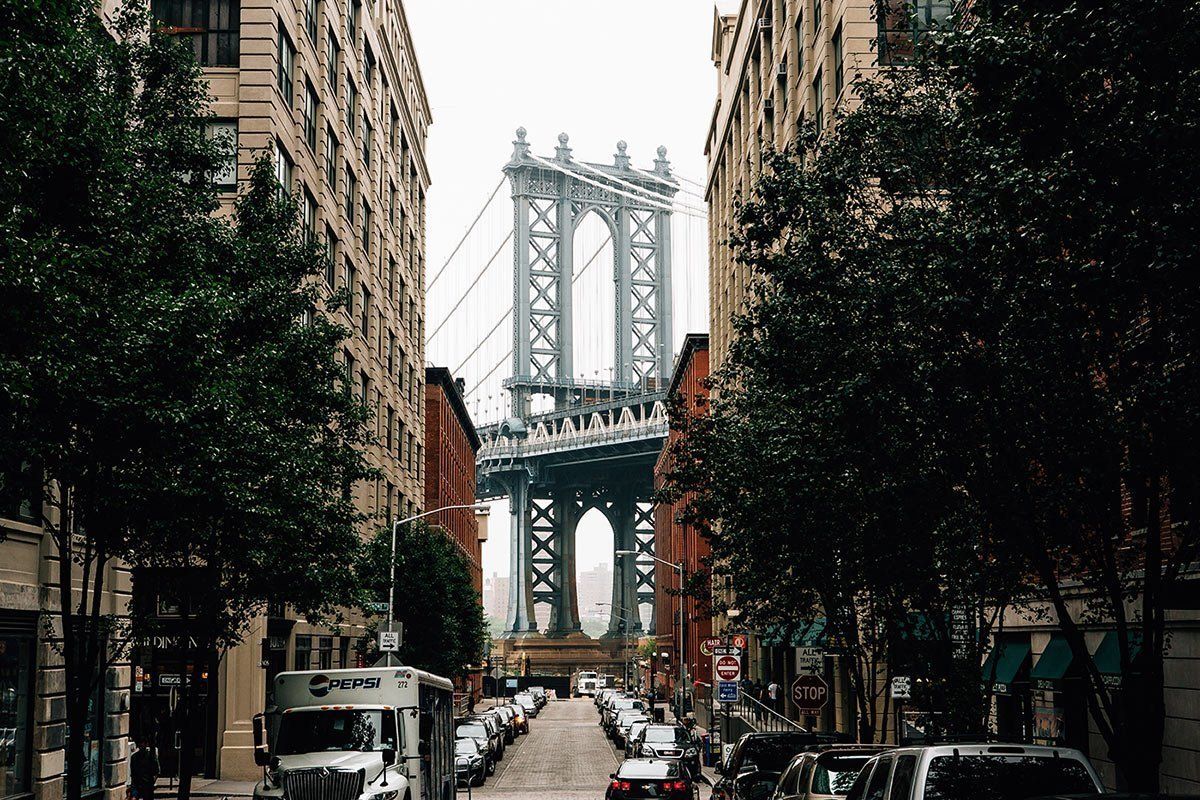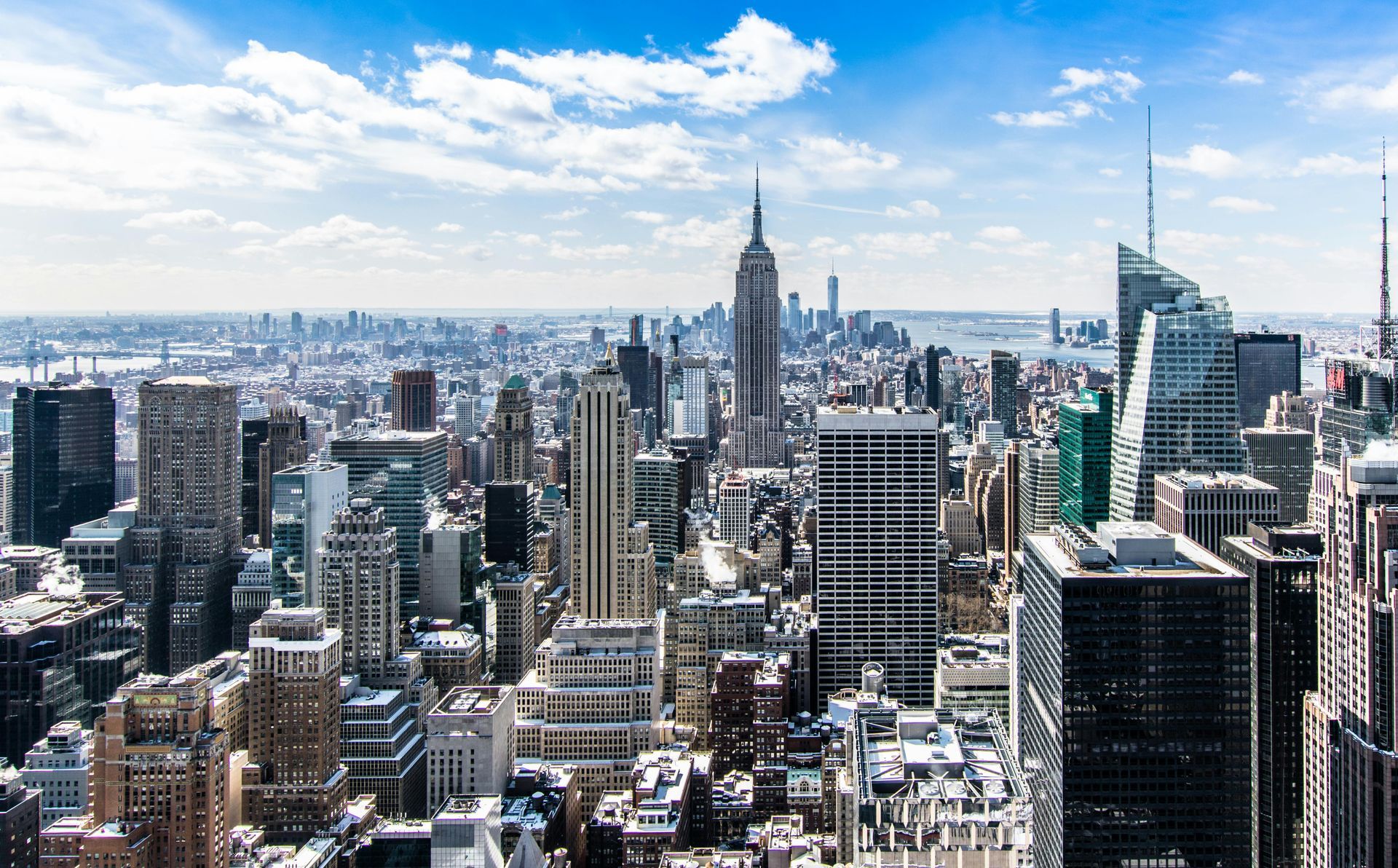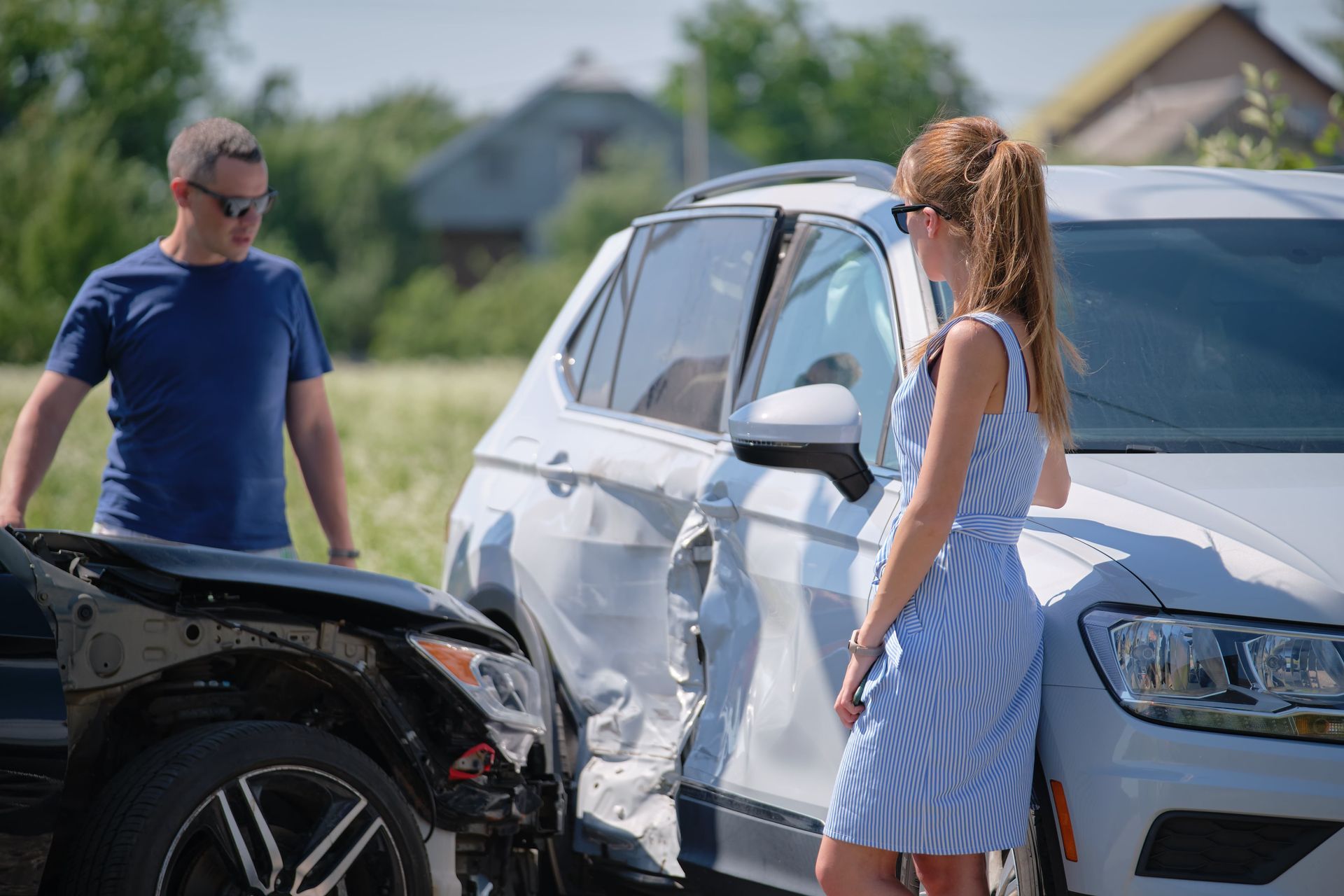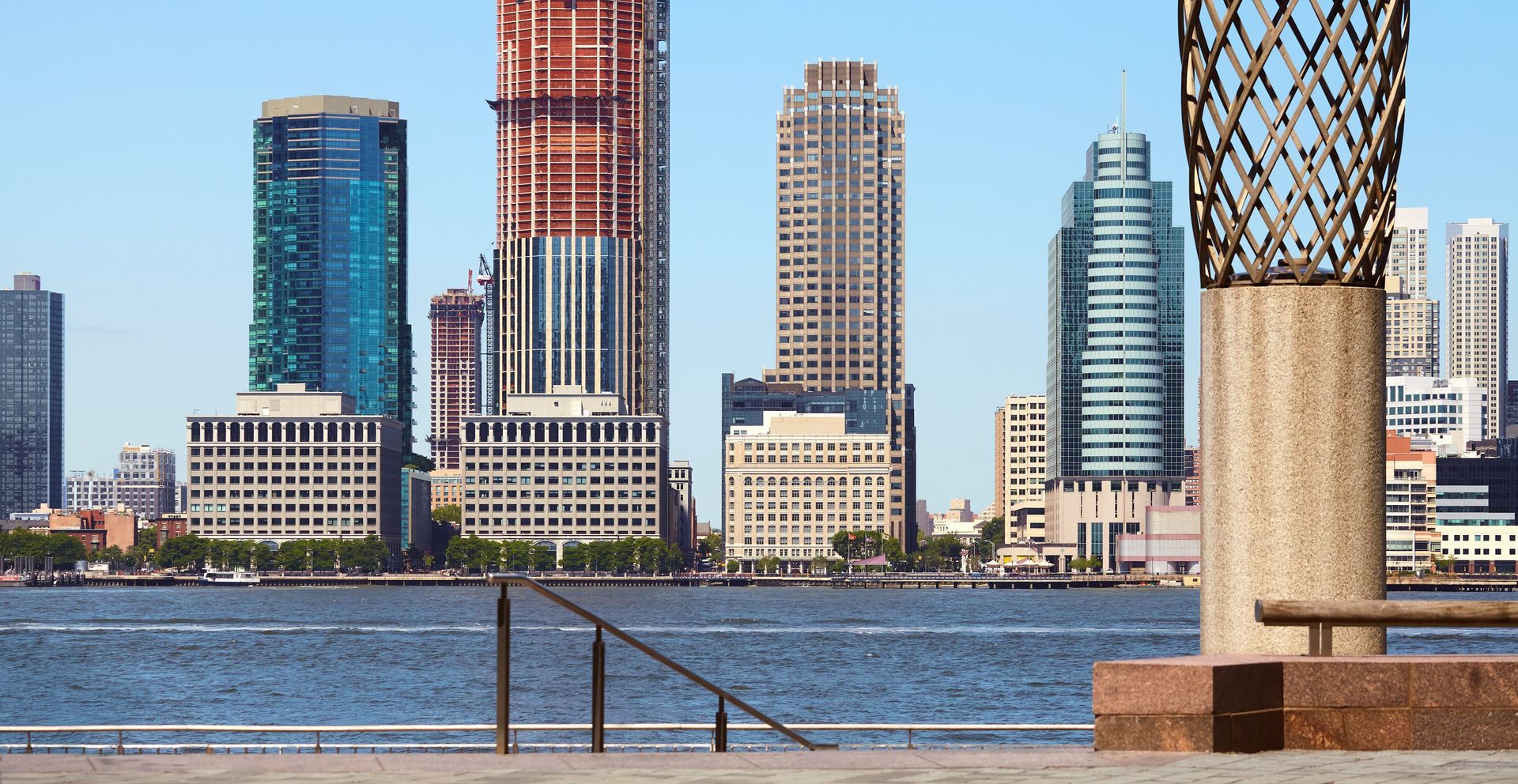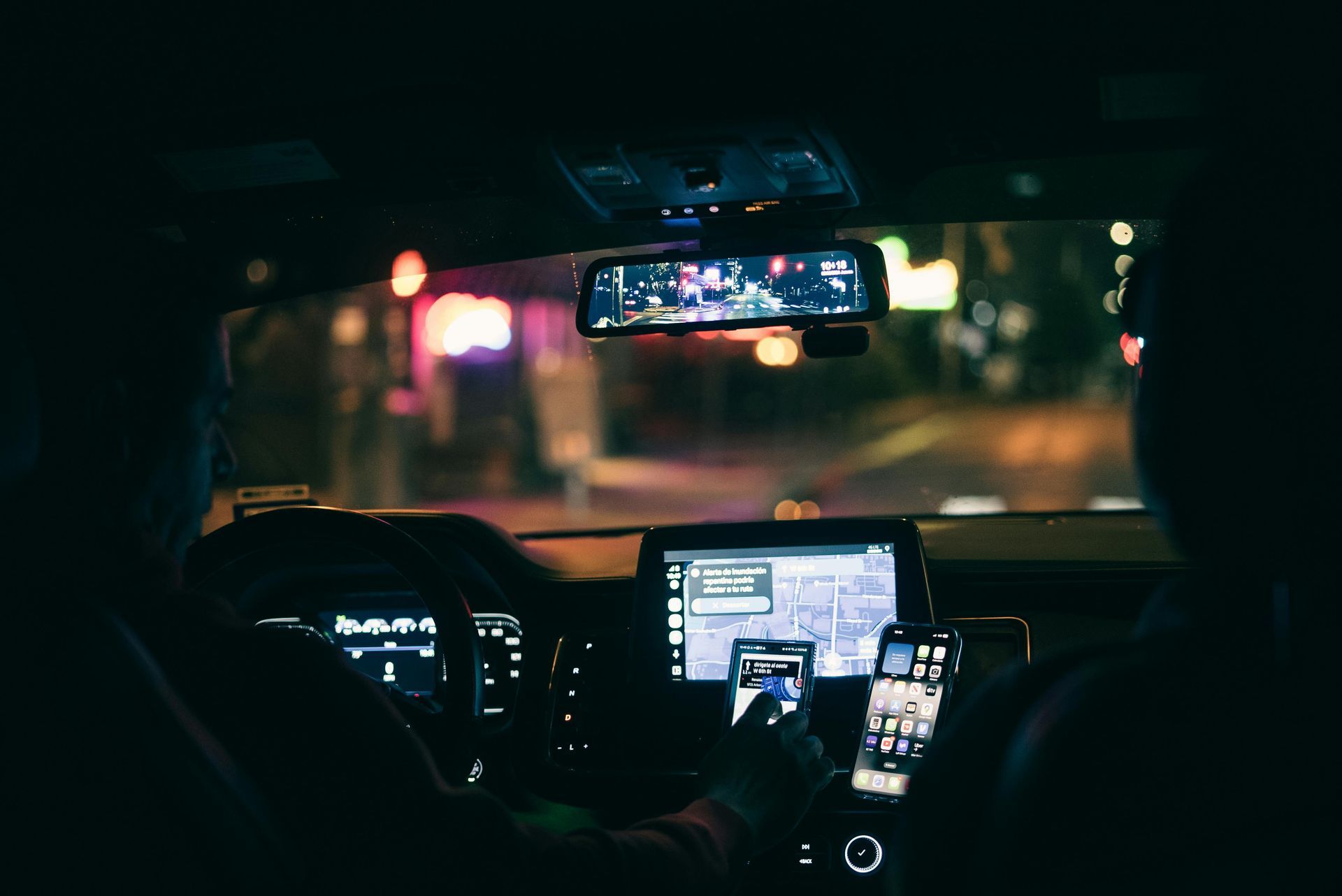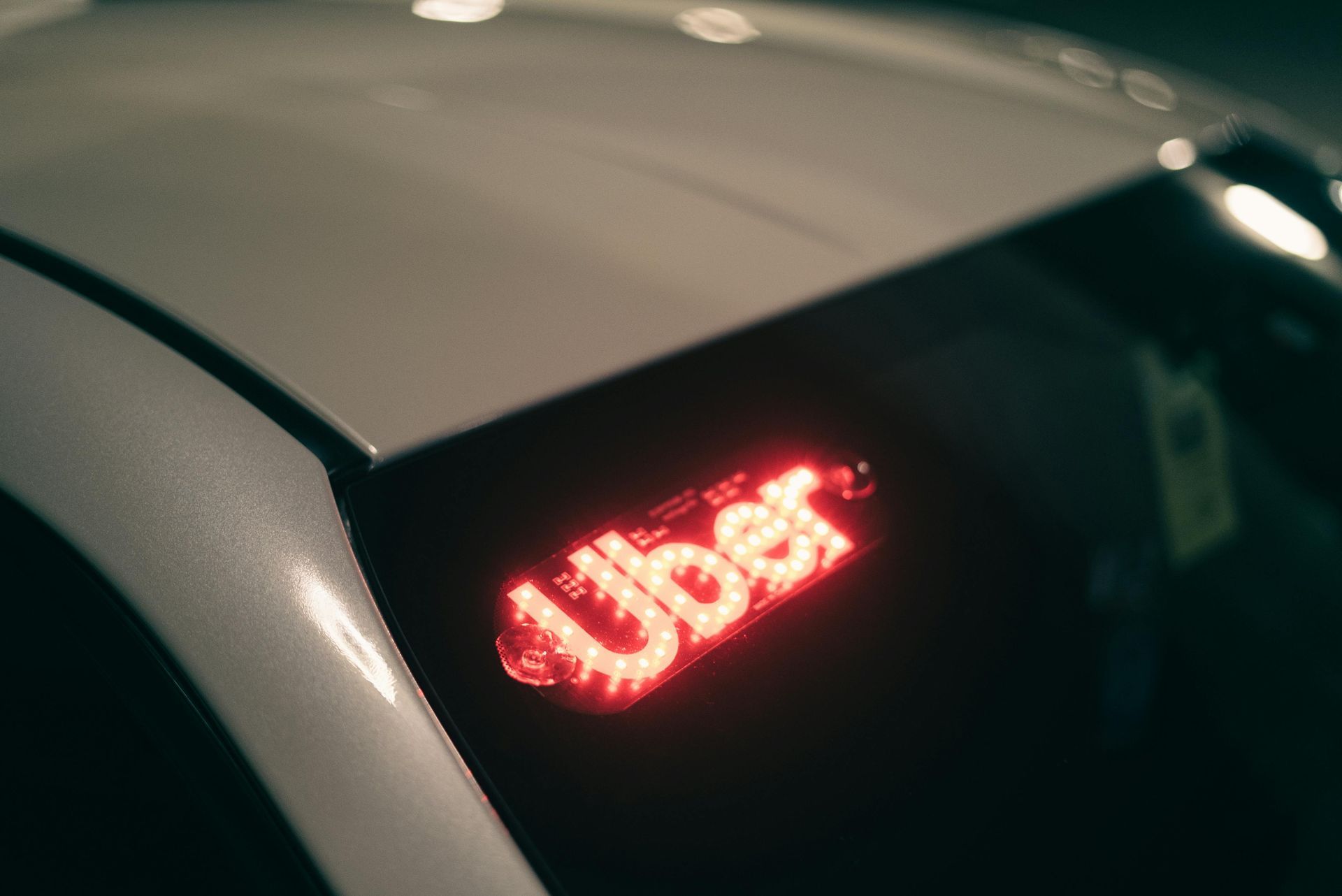Philadelphia's Streets: A Local's Guide to Surviving Car Accidents
A Local's Guide to Surviving Philadelphia Car Accidents
Navigating Philadelphia's historic streets brings its own set of challenges. From the tight, one-way roads of Old City to the bustling boulevards of Center City, each area requires awareness and knowledge to handle accidents effectively. This guide isn't just about what to do after a car accident—it's about understanding Philly’s unique urban landscape and using that knowledge to your advantage.
Before the Accident: Know Your Terrain
Anticipate the Unexpected:
In Philadelphia, street layouts can be unpredictable. Roads like the twisting Benjamin Franklin Parkway or the narrow passageways in Society Hill can surprise even the most seasoned drivers. Awareness of your specific location can be crucial in avoiding accidents or effectively managing their aftermath.
Historic Streets, Modern Hazards:
Many of Philadelphia's roads were not designed for today's volume of traffic. Expect sudden stops in congested areas like Fishtown during rush hour. Always keep a safe distance, especially when navigating through these historic districts.
When Accidents Happen: Philadelphia-Specific Advice
Immediate Steps with a Philly Twist:
If an accident occurs, besides the usual safety checks and information exchanges, pay attention to specific details that could affect liability and claims:
- Note if the accident occurred near a SEPTA bus route—bus lanes have specific rules that might influence fault assessment.
- Check for nearby surveillance cameras, common around retail areas in Rittenhouse Square or major intersections, which might offer additional evidence for your case.
Engage with Local Expertise:
For the most reliable legal support, contact John Onal, a personal injury lawyer who is deeply familiar with both Pennsylvania laws and Philadelphia's specifically car accidents. His expertise is especially valuable in cases involving the city’s strict stance on distracted driving, which can be crucial in determining fault.
Leverage Community Resources
Local Workshops and Resources:
Philadelphia offers various workshops on road safety and accident preparedness, often free through community centers or local police stations in neighborhoods like West Philly or the Northeast. Participating in these can provide you with extra preparedness and community support networks.
Digital Help:
Utilize local forums, and apps like Nextdoor or Citizen to connect with neighbors who might have witnessed the incident or can offer advice based on similar experiences in the same area.
After the Dust Settles: Navigating Post-Accident Realities
Document the Cultural Context:
In a city with diverse neighborhoods, understanding cultural nuances can also play a role. For example, navigating accident discussions in areas with non-English speaking communities might require particular sensitivities or translation services.
Recovery and Reflection:
Reflect on the incident and consider what can be learned. Was it the chaotic pace of Market Street that threw you off, or the confusing signage near Penn’s Landing? Each accident is a learning experience, particularly in a city as complex as Philadelphia.
Conclusion
This isn't just about managing the aftermath; it's about embedding yourself in the fabric of Philadelphia to drive safer and respond smarter. Whether you’re a lifelong Philadelphian or new to the city, understanding these localized aspects can dramatically affect how you handle—and potentially prevent—car accidents.


